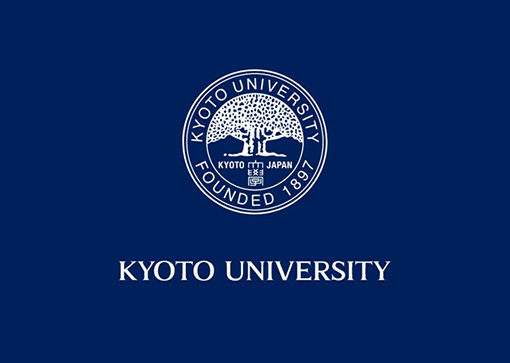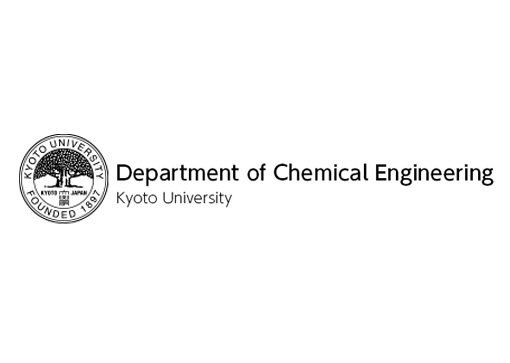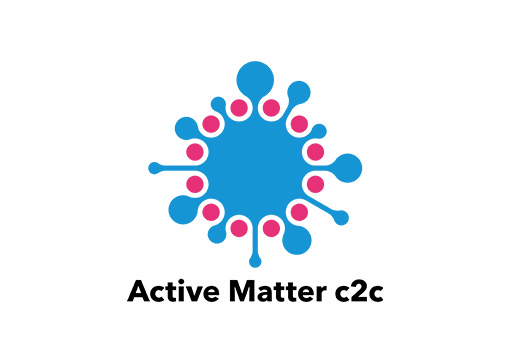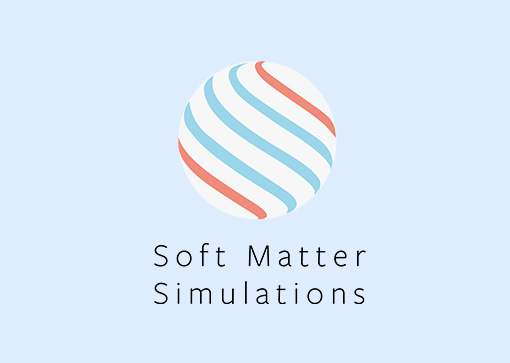Theoretical Modeling of Soft Matter and Living Systems
Soft Matter Engineering Lab.
Department of Chemical Engineering
Kyoto University
INFO
JSPS Core-to-Core Program “Advanced core-to-core network for the physics of self-organizing active matter” starts in April 2023. [OpenURL]
Call for applications for a 3-year Ph.D. program. [OpenURL]
As for summer/winter internships of international students, it is usually not possible to cover their travel/living expenses due to the strict budget policy in Japanese universities. Finding supports from other agencies such as MEXT and JSPS is necessarily on the applicant’s full responsibility by own efforts.
Official regulations:
International students [OpenURL], International researchers [OpenURL]
List of partner institutions [OpenURL] If your institution is not one of the partner institutions, you are asked to pay a tuition fee = approx JPY 100,000/month. This rule does not apply to persons invited to engage in a particular project.
TEAM
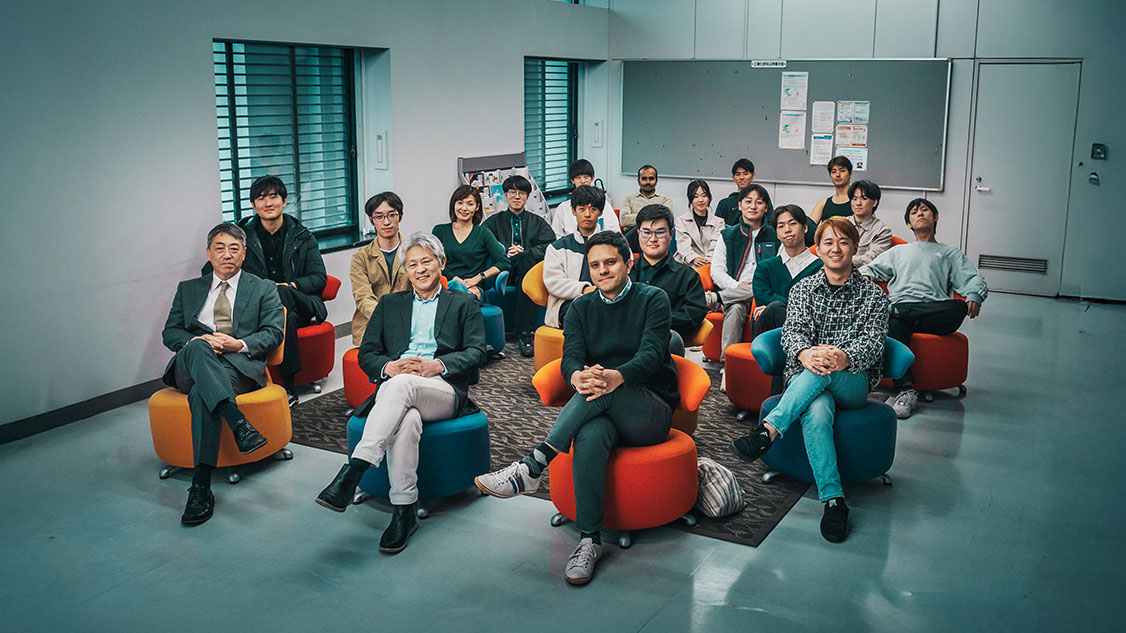
Hello, this is Professor Yamamoto. In our lab, we focus on theoretical modeling of soft matter and life phenomena.
Our team consists of over 20 members, including faculty, researchers, students, and research fellows,
all working together as a cohesive unit.
If you have any interest at all, please feel free to visit our lab. All members will warmly welcome you.
RESEARCH
We have been working on various transport phenomena of complex fluids and soft matters (complex fluids, polymers, colloids, etc)
by mainly using methods of computer simulations. Microscopic simulations, known as molecular dynamics (MD) and Monte Carlo (MC)
simulations, have widely been used for material simulations in general. Such microscopic simulations, however, tend to require
enormous computation time for performing meaningful simulations of complex fluids and soft matters because meso- or macro-scale
phenomena are of particular interest often for them. Alternative strategies based on new ideas are definitely needed to achieve
meaningful simulations for those complex systems. We thus aim to develop unique and new methodologies useful in chemical
engineering by using recent progress of several theoretical approaches, while empirical methods have mainly been used to analyze
transport phenomena in chemical engineering so far.
- Direct Numerical Simulations (DNS) for colloidal dispersions
- Multi-scale simulations for soft matters
- Modeling of biological tissues including cell division and death
PROJECTS
Various projects outside the laboratory, including collaborations with multiple external organizations
- KAPSEL
KAPSEL is a software designed specially to simulate the dynamics of solid particles dispersed in simple and complex fluids using SPM (Smoothed Particle Method). KAPSEL is a stand-alone simulator but also works as an add-on engine of OCTA (see below).
- Active Matter c2c
Advanced core-to-core network for the physics of self-organizing active matter.
Answering the important unsolved question in physics, "How can active matter systems, which interact only locally, have emergent global collective motions?" is the focus of this research network. Additionally, the core nodes mutually organize International Research Meetings and send young researchers abroad to enhance their research skills and internationalization.
- Soft Matter Simulations
Soft Matter Simulations, Inc. is a company that utilizes research results from Kyoto University.
Consulting service for the simulation of soft matter in general, mainly particle-dispersion systems
Commissioned research and joint research on particle dispersion systems and soft matter in general
Sales and customization of the direct numerical simulation software "KAPSEL" for particle dispersed systems
Provision of simulation execution environment and computing resources (AWS)
Education and operational training on simulation of particle dispersion systems and other soft matter in general
